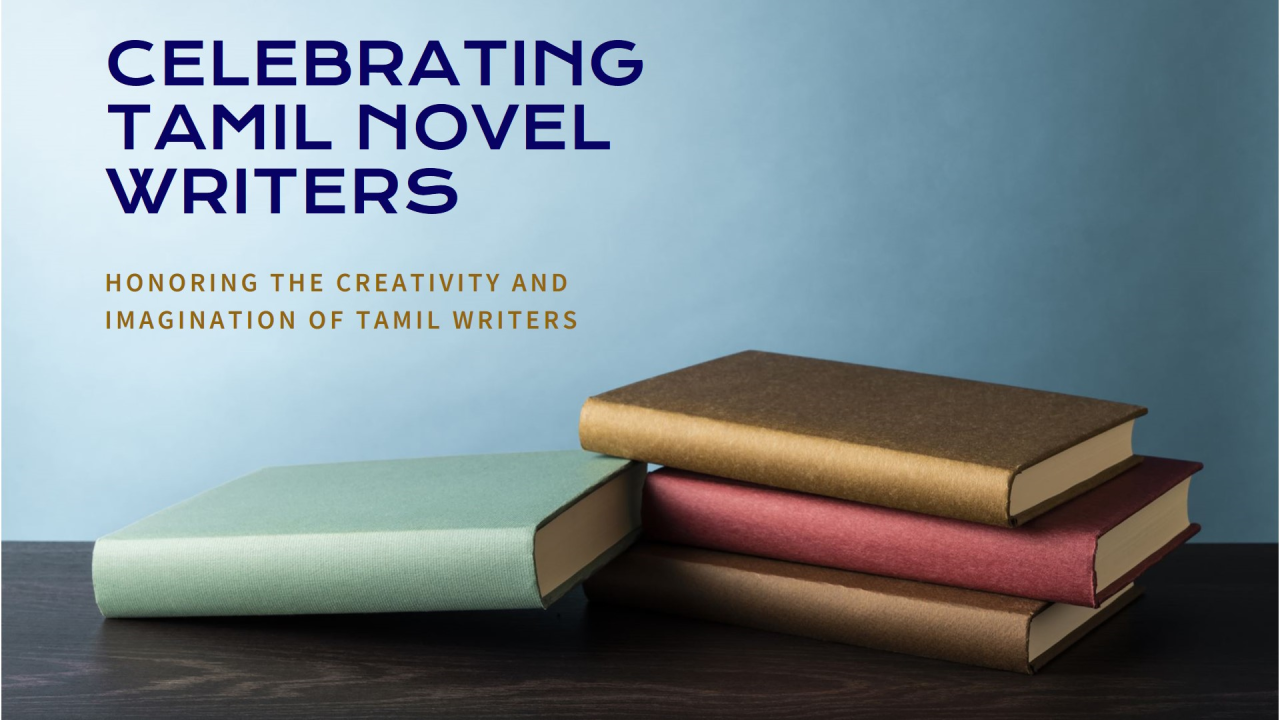
This content was recently updated by Sudhir Singh on March 19, 2025 to improve accuracy.
Tamil literature, with its rich heritage spanning over two millennia, is not merely a body of texts—it is a living, evolving tradition that reflects the soul of a civilization. From the ancient verses of the Sangam period to contemporary novels that explore modern realities, Tamil literature continues to captivate readers and inspire Tamilwriters.
This article celebrates the vibrant world of Tamil novel writers, delving into the human experiences woven through their narratives and offering insights into why Tamil literature is a compelling subject to pursue for both aspiring scholars and creative minds.
A Brief Journey Through Tamil Literary History
Tamil literature is one of the oldest continuous literary traditions in the world. The Sangam literature (approximately 300 BCE to 300 CE) is celebrated for its lyrical poetry, ethical discourses, and vivid portrayals of love, valor, and nature.
Over centuries, this literature evolved to embrace diverse genres—from devotional poetry and moral narratives to philosophical treatises and, in modern times, novels that capture the intricacies of contemporary life. This enduring tradition reminds us that literature is not just about storytelling, but about preserving human values and experiences across time1.
The modern Tamil novel emerged as a distinctive form during the late 19th and early 20th centuries. Novelists began to experiment with narrative styles, themes, and character development influenced by social reforms and the quest for identity in a rapidly changing world.
Their works not only entertain but also act as mirrors reflecting the joys, sorrows, and struggles of everyday life.
Notable Tamil Novel Writers and Their Contributions
- Kalki Krishnamurthy
A luminary in Tamil historical fiction, Kalki Krishnamurthy’s novels—most notably Ponniyin Selvan and Sivagamiyin Sabatham—are revered for their meticulous research and engaging narratives. His work inspires readers to reconnect with their cultural roots and reminds us how history is intricately tied to our personal identities2. - Jayakanthan
Known for his profound social insights, Jayakanthan redefined modern Tamil fiction with his bold exploration of human relationships, social inequalities, and urban realities. His candid portrayal of everyday struggles and resilience resonates deeply on a personal level, inviting readers to introspect about society and themselves3. - Jeyamohan
A contemporary force in Tamil literature, Jeyamohan’s diverse oeuvre—spanning mythological reinterpretations, historical epics, and philosophical inquiries—blends traditional motifs with modern existential questions. His narratives invite readers to explore not just the external world, but also the internal landscape of thought and emotion. - Sujatha Rangarajan (Sujatha)
A versatile Tamil Novel writer, Sujatha’s contributions extend across novels, short stories, science fiction, and screenwriting. His imaginative storytelling, which often incorporates technological advancements with human drama, reflects our collective aspiration to bridge the gap between tradition and modernity. His work humanizes the abstract by placing technology in the service of emotion and everyday life4. - Ashokamitran
Renowned for his understated style, Ashokamitran captures the quiet dignity of middle-class life. His narratives, set against the backdrop of post-independence India, provide a candid look at societal transitions. His sensitive portrayal of life’s subtleties and everyday triumphs makes his work both accessible and profoundly moving.
Highlighting Tamil novelists
I’m outlining key Tamil novel writers, their notable works, and critical acclaim. This includes Kalki Krishnamurthy, Jayakanthan, Jeyamohan, Sujatha, and Ashokamitran. Progressing through their significant literary contributions and critical reception is fascinating.
Tamil Novel Writers: A Glimpse into Their World
Tamil literature shines with many talented novelists. Their works are filled with vivid stories and real emotions. Below are some notable Tamil Novel writers, their famous novels, and a few thoughts from critics.
Kalki Krishnamurthy
- Famous Novels:
- Ponniyin Selvan
- Sivagamiyin Sabatham
- About the Novels:
Kalki brings history to life. His novels mix adventure, romance, and political drama. They are known for rich detail and imaginative plots. - Critics’ Views:
Critics praise Ponniyin Selvan for its historical accuracy and engaging narrative. One reviewer from The Hindu described it as “a timeless epic that transports readers to ancient Tamil kingdoms” 1.
Jayakanthan
- Famous Novels:
- Sila Nerangalil Sila Manithargal
- Kuruthi Aattam
- About the Novels:
Jayakanthan writes about everyday struggles. His stories explore social issues and human emotions. His language is simple and direct. - Critics’ Views:
Critics appreciate his honest portrayal of life. A noted critic from Indian Express said his work “forces readers to confront uncomfortable truths while inspiring hope” 2.
Jeyamohan
- Famous Novels:
- Venmurasu (a modern re-imagining of the Mahabharata)
- Yayathi
- About the Novels:
Jeyamohan blends myth and modern thought. His novels mix epic narratives with philosophical insights. They are both entertaining and thought-provoking. - Critics’ Views:
Literary reviewers highlight his innovative style. One critic in The Times of India remarked, “Jeyamohan redefines epic storytelling for the modern reader” 3.
Sujatha Rangarajan (Sujatha)
- Famous Novels:
- En Iniya Iyanthiram
- Pirivom Santhippom
- About the Novels:
Sujatha is known for his futuristic ideas. He often mixes science with everyday life. His work shows a unique blend of tradition and modernity. - Critics’ Views:
Critics enjoy his fresh approach. A review in Deccan Chronicle praised his ability to “bridge the gap between technology and human drama” 4.
Ashokamitran
- Famous Novels:
- Oru Puliyamarathin Kathai
- Mogamul
- About the Novels:
Ashokamitran writes with gentle simplicity. His stories focus on the lives of ordinary people. His work is both sincere and moving. - Critics’ Views:
Critics often mention his sensitive storytelling. A literary critic in The Indian Literary Review noted that “Ashokamitran captures the subtleties of middle-class life with unmatched grace” 5.
Why Pursue Tamil Literature?
- Cultural and Historical Richness
Studying Tamil literature is akin to embarking on a journey through time. It offers immersive insights into a culture steeped in art, philosophy, and tradition. For historians and cultural enthusiasts alike, Tamil literature provides a rich tapestry of primary sources and narratives that encapsulate the evolution of societal values over millennia5. - Language and Literary Innovation
Tamil, one of the longest-surviving classical languages, is renowned for its lyrical beauty and expressive capacity. Its literature is a testament to the language’s intricate grammar and poetic cadence, making it a fascinating subject for both linguistic studies and literary creativity. Aspiring Tamil Novel Writers learn to merge classical forms with contemporary sensibilities, enhancing their narrative skills. - Contemporary Relevance and Social Reflection
Modern Tamil novels often tackle pressing social issues—ranging from gender dynamics and caste discrimination to globalization and urbanization. These narratives serve as platforms for social critique, encouraging readers to reflect on contemporary challenges and the human condition. By engaging with such works, one becomes part of an ongoing dialogue about societal progress and reform. - Interdisciplinary Opportunities
The study of Tamil literature intersects with fields such as history, philosophy, political science, and art. This interdisciplinary approach opens doors to diverse career paths, including academia, publishing, journalism, translation, and cultural preservation. Moreover, the analytical skills and deep cultural insights gained from Tamil literary studies are invaluable in today’s globalized world. - Creative Expression and Human Connection
At its heart, literature is about human connection. For aspiring Tamil Novel writers and storytellers, Tamil literature offers a vibrant canvas to experiment with language, emotion, and narrative structure. It nurtures the creative spirit, encouraging writers to translate their own experiences into art that resonates across generations. In the words of one celebrated critic, literature is “the art of making the invisible visible”6.
How to Get Started in Tamil Literary Studies
- Academic Programs and Courses
Numerous universities and institutions now offer specialized courses in Tamil literature, spanning both classical texts and modern narratives. These programs provide a structured framework for engaging with literary theory, textual analysis, and cultural history. They also offer opportunities to learn from experienced scholars and participate in research projects that contribute to the preservation of this rich tradition. - Reading and Research
Immersing oneself in Tamil literature is a rewarding endeavor. Start with seminal works by celebrated novelists, and gradually explore critical essays and historical texts. Libraries and digital archives are treasure troves of manuscripts, translations, and scholarly commentaries that illuminate the evolution of Tamil literature over time. - Writing Workshops and Literary Forums
Participating in writing workshops and literary festivals provides budding writers with the opportunity to share their work, receive feedback, and engage with a community of like-minded individuals. These platforms are invaluable for fostering creativity and learning from the experiences of established authors. - Digital Resources and Online Communities
The digital era has revolutionized access to Tamil literature. Online courses, e-books, and literary blogs have made it easier than ever to explore and discuss works from across the literary spectrum. Virtual communities offer mentorship and collaboration, transcending geographical boundaries and connecting enthusiasts worldwide.
The Future of Tamil Literature
Tamil literature continues to evolve, reflecting the dynamism of the society it serves. New voices emerge, old narratives are reinterpreted, and the dialogue between tradition and modernity grows ever richer.
The future of Tamil literature lies not only in preserving its illustrious past but also in its ability to adapt and reflect contemporary realities. Engaging with this literary tradition is an invitation to participate in a cultural legacy that transcends time and speaks to the universal human experience.
Conclusion
Tamil literature, with its profound historical roots and contemporary vibrancy, offers a unique and enriching path for anyone passionate about language, culture, and storytelling.
Whether you are drawn to the epic narratives of Kalki Krishnamurthy, the socially charged prose of Jayakanthan, or the innovative experiments of modern Tamil Novel writers like Jeyamohan and Sujatha, there is a world of ideas waiting to be discovered.
Embracing Tamil literature is more than an academic pursuit—it is a journey into the heart of human experience. It is about connecting with our past, engaging with the present, and inspiring a future where literature continues to be a beacon of cultural understanding and creative expression.
For those who yearn to understand life’s complexities and celebrate its beauty, Tamil literature extends an invitation to explore its pages, share in its stories, and contribute to its ever-evolving narrative.
Citations
Embrace the rich tapestry of Tamil literature and let it guide you through a journey of self-discovery, cultural appreciation, and creative expression.
Footnotes
- Zvelebil, K. (1973). The Smile of Murugan: On Tamil Literature of South India. Brill. ↩
- Sundararajan, P. (1999). Historical Narratives in Tamil Literature. University of Madras Press. ↩
- Selvaraj, R. (2005). Modern Tamil Fiction: Themes and Trends. Tamil Nadu Literary Forum. ↩
- Narayanan, S. (2012). Innovations in Tamil Writing: Bridging Tradition and Modernity. South Indian Publishers. ↩
- Ramaswamy, V. (2008). Cultural Heritage and Literary Expression in Tamil Nadu. Cultural Studies Journal, 15(2), 45-67. ↩
- Kumar, M. (2016). Literature as a Reflection of Society: The Human Element in Fiction. Indian Journal of Literary Studies, 22(4), 88-102. ↩
Explore these Tamil Novel writers. Enjoy their stories. Let their words inspire you.


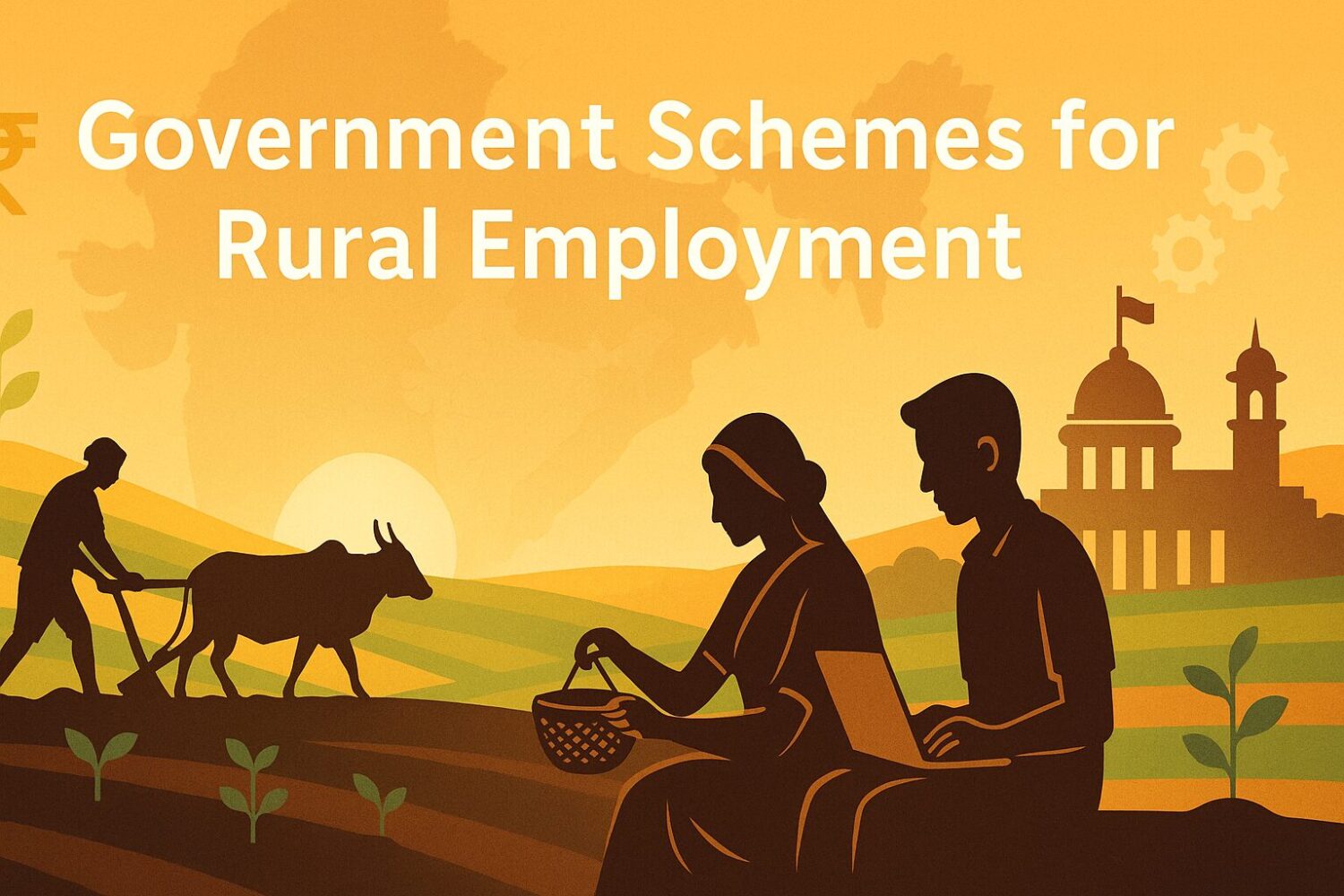
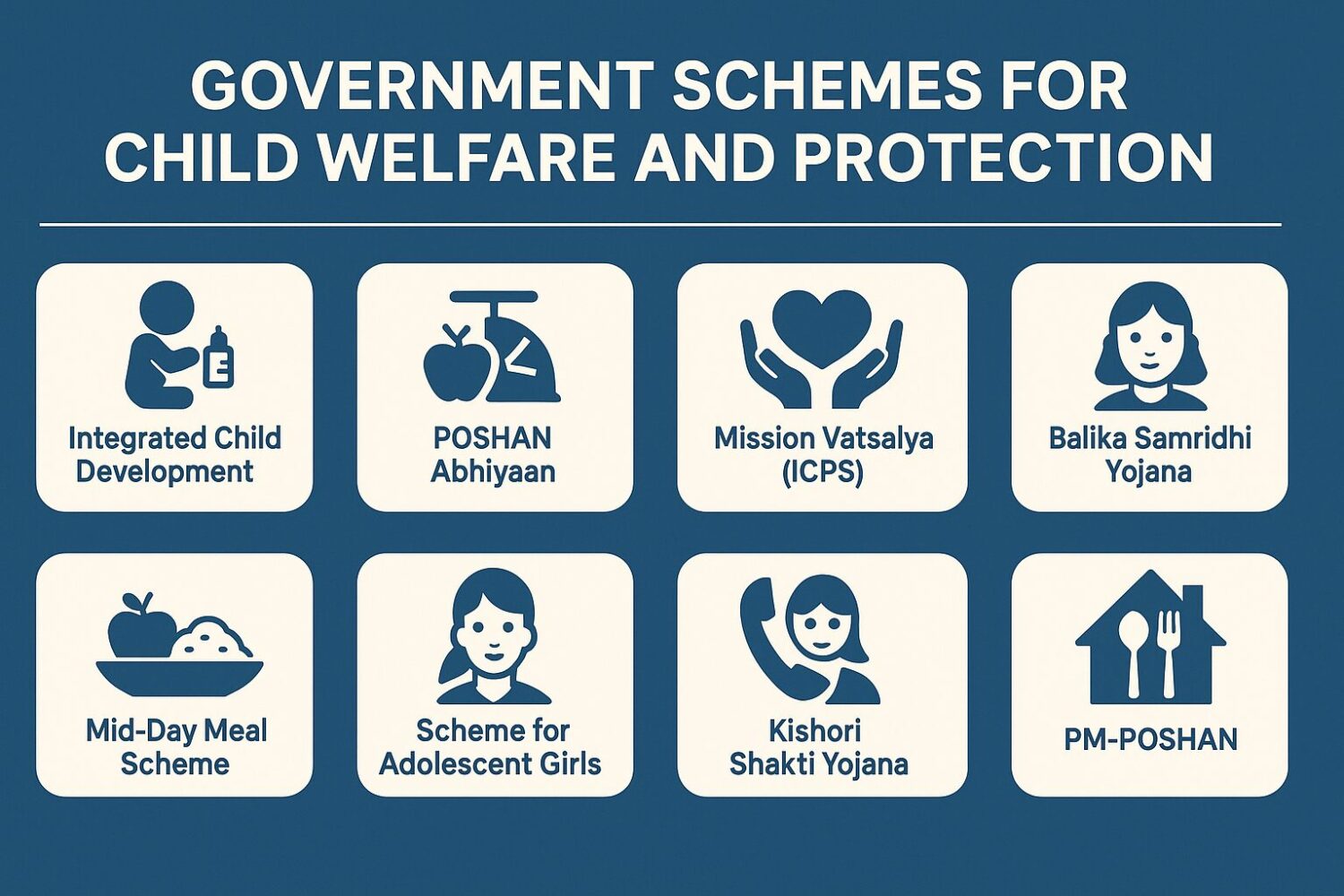
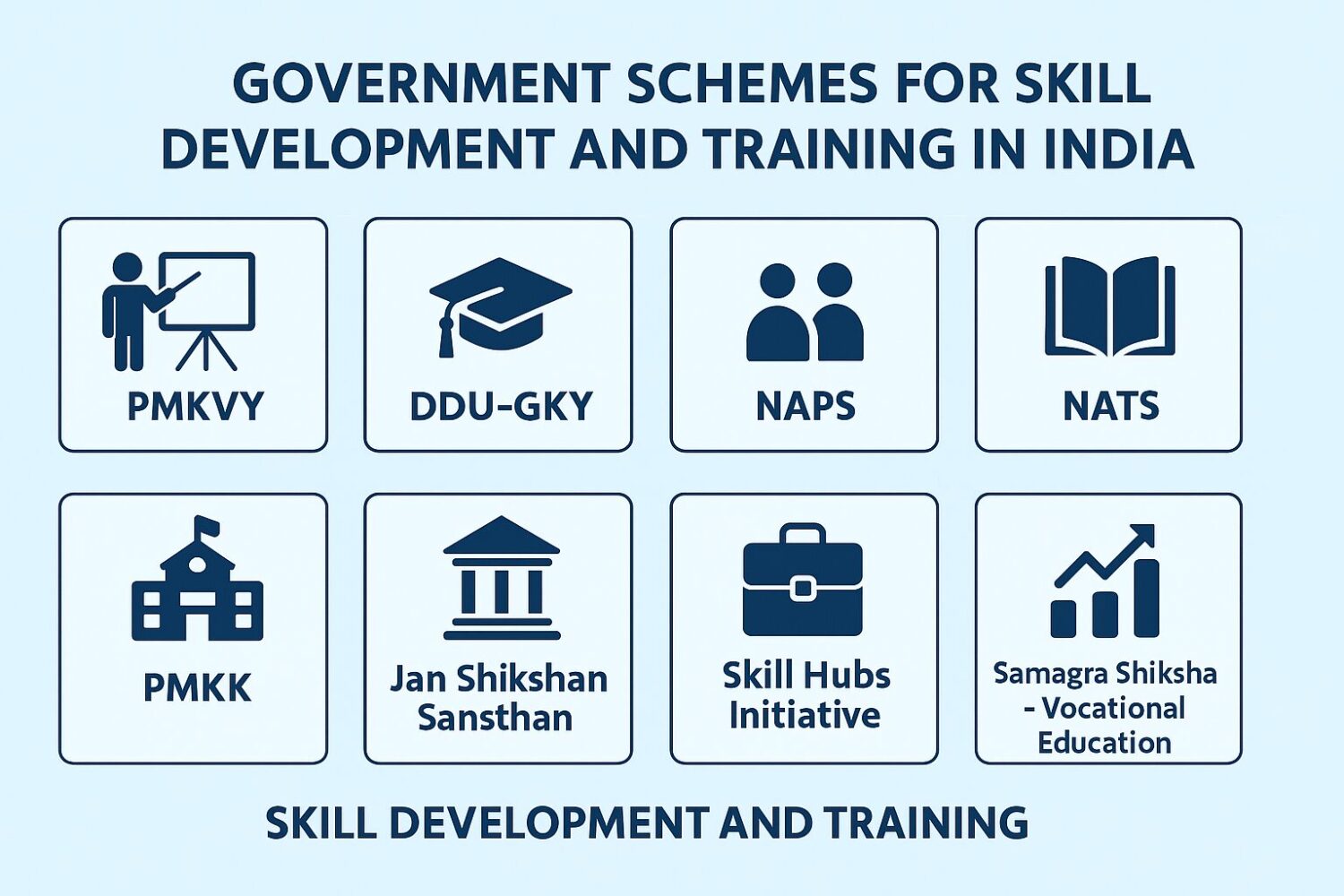
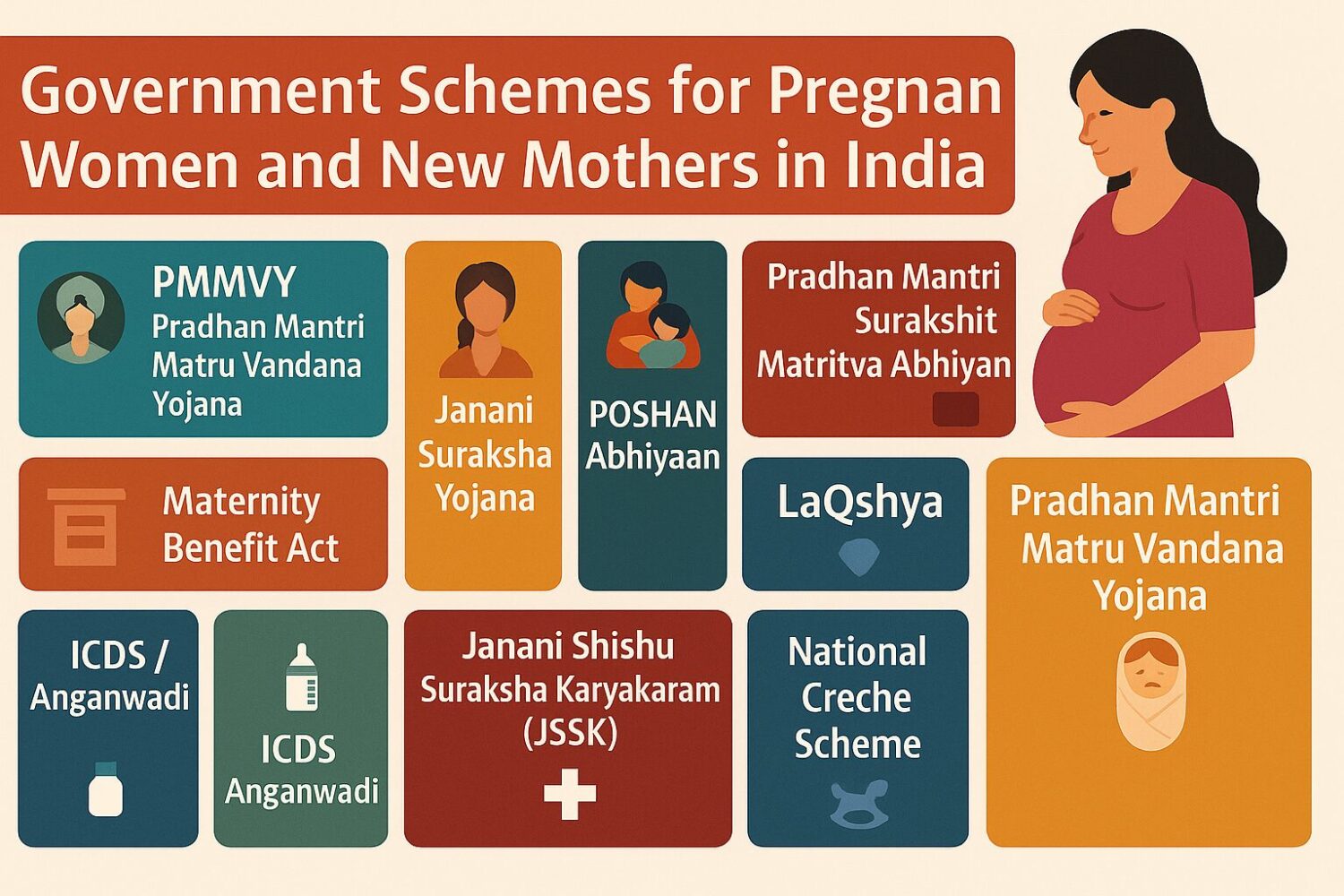


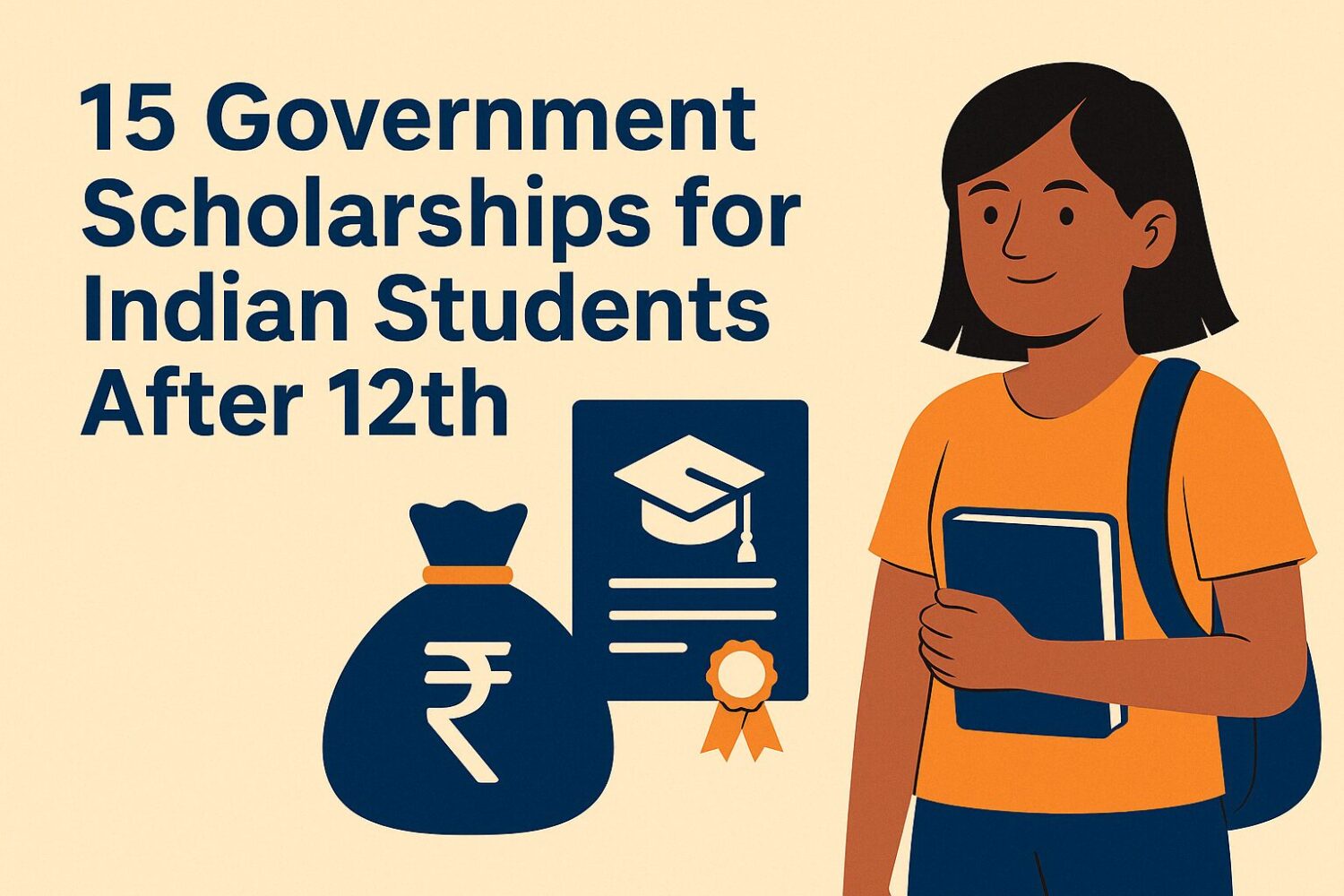
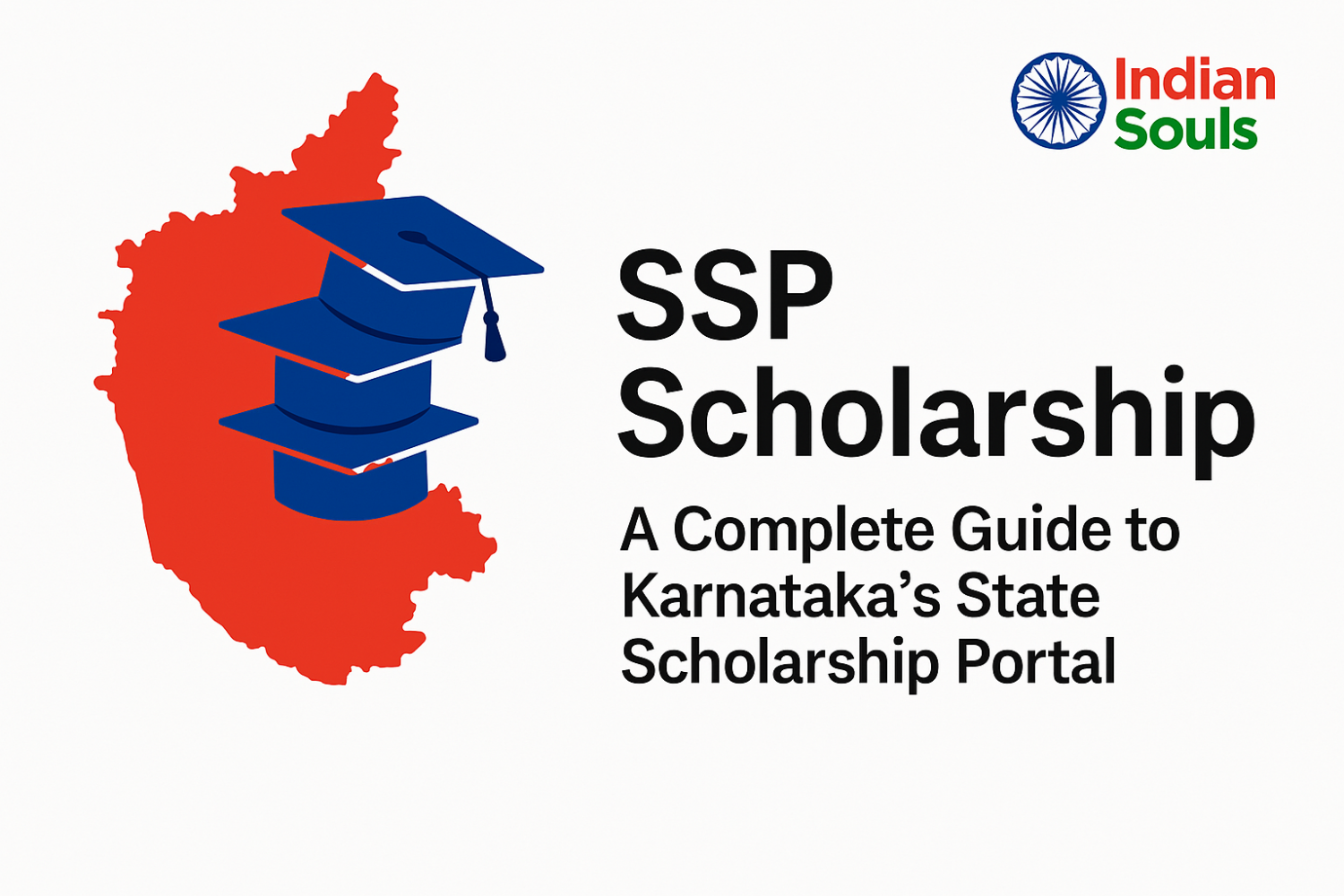





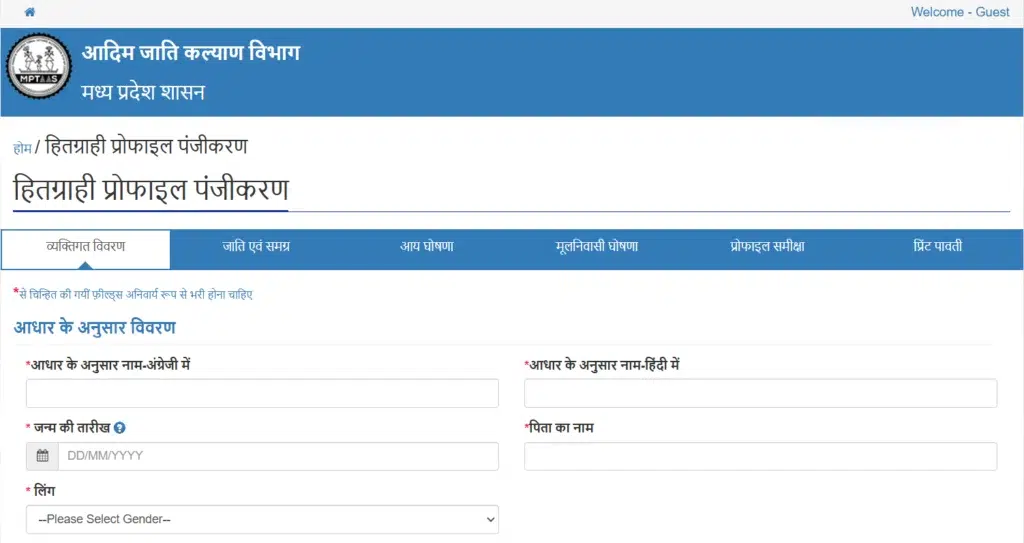

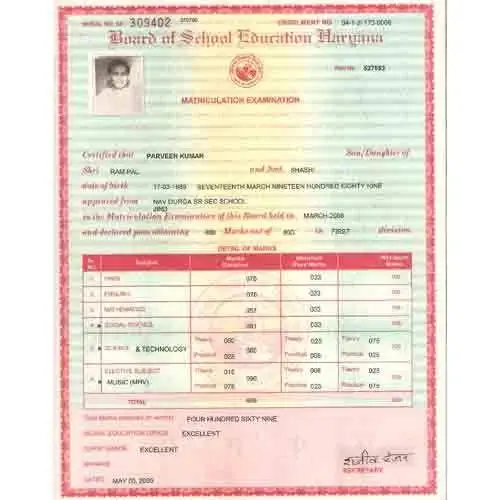

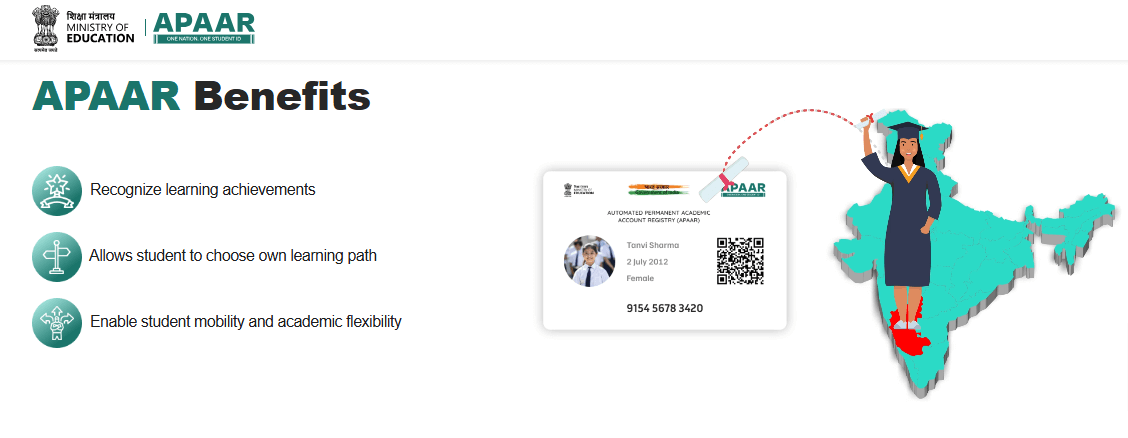

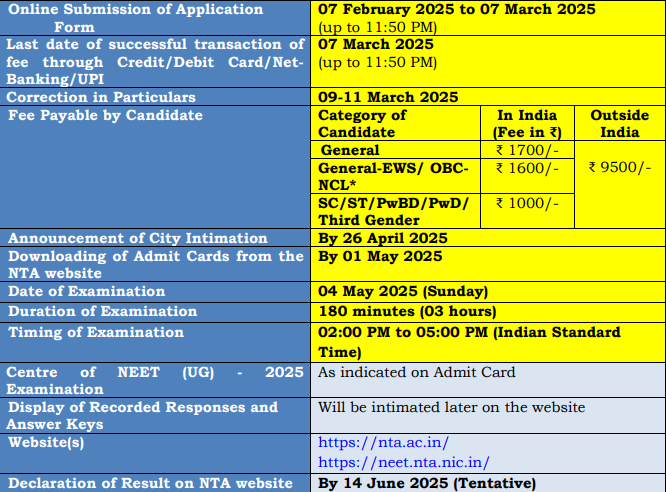
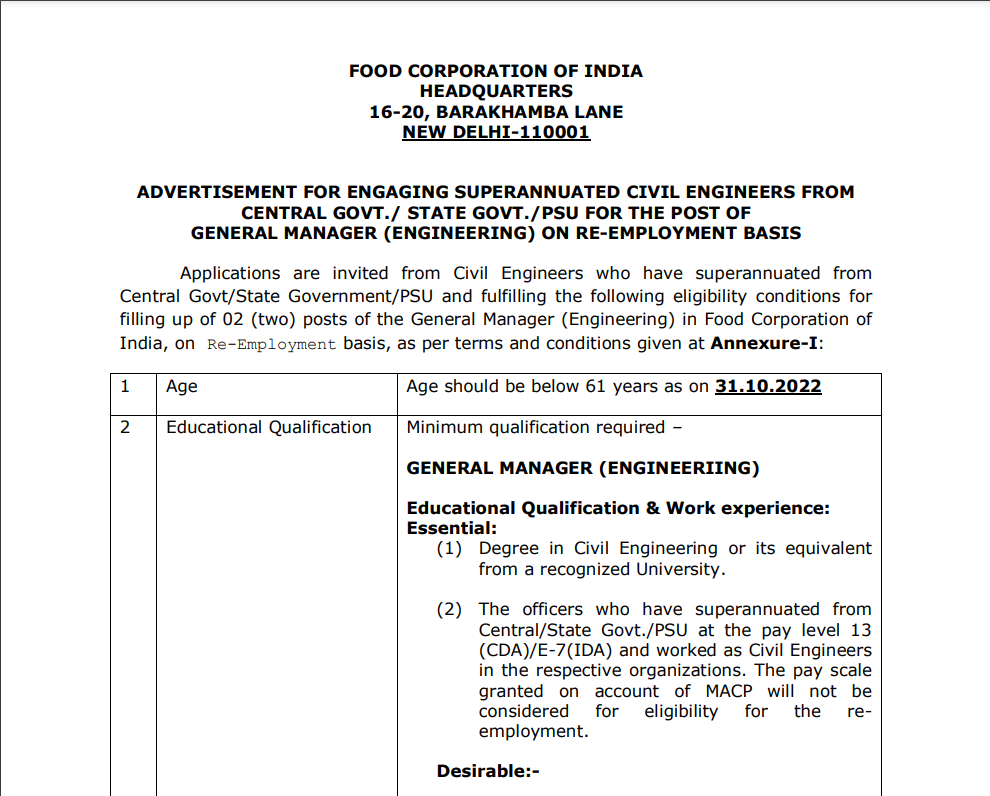
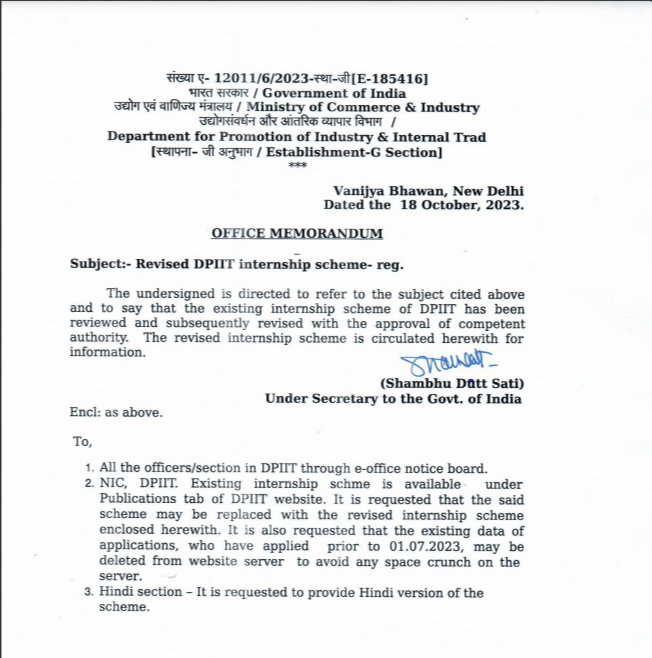
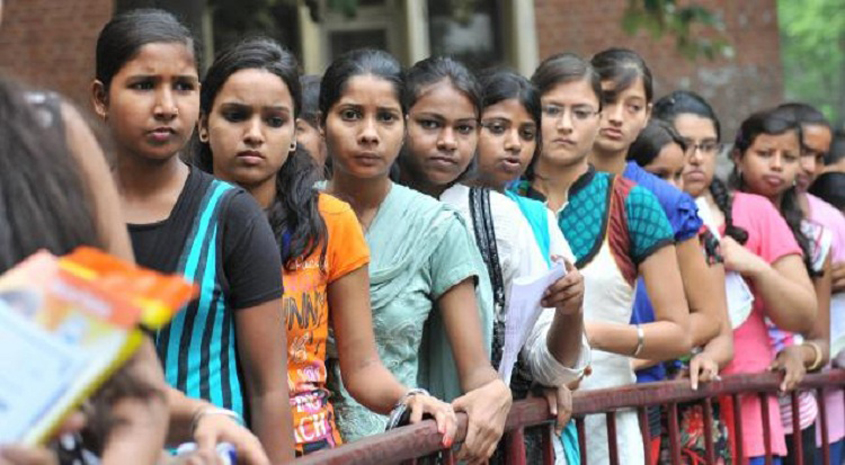

![12 Government Schemes Urban Poor Must Know About [2025 Guide]](https://indiansouls.in/wp-content/uploads/2025/05/image-1.jpg)

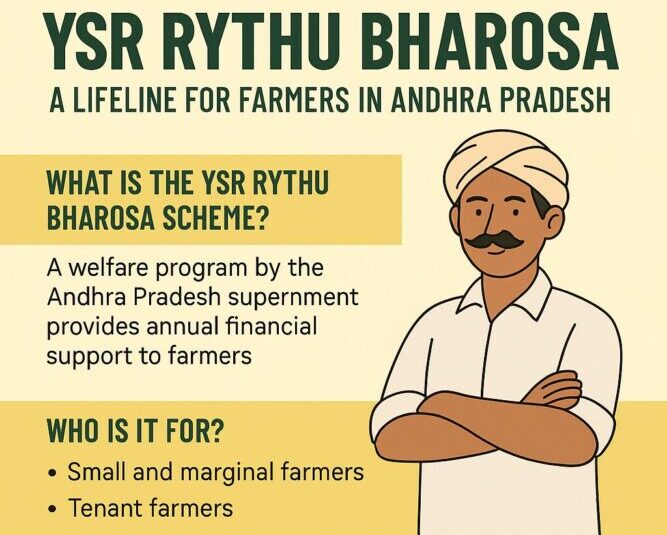
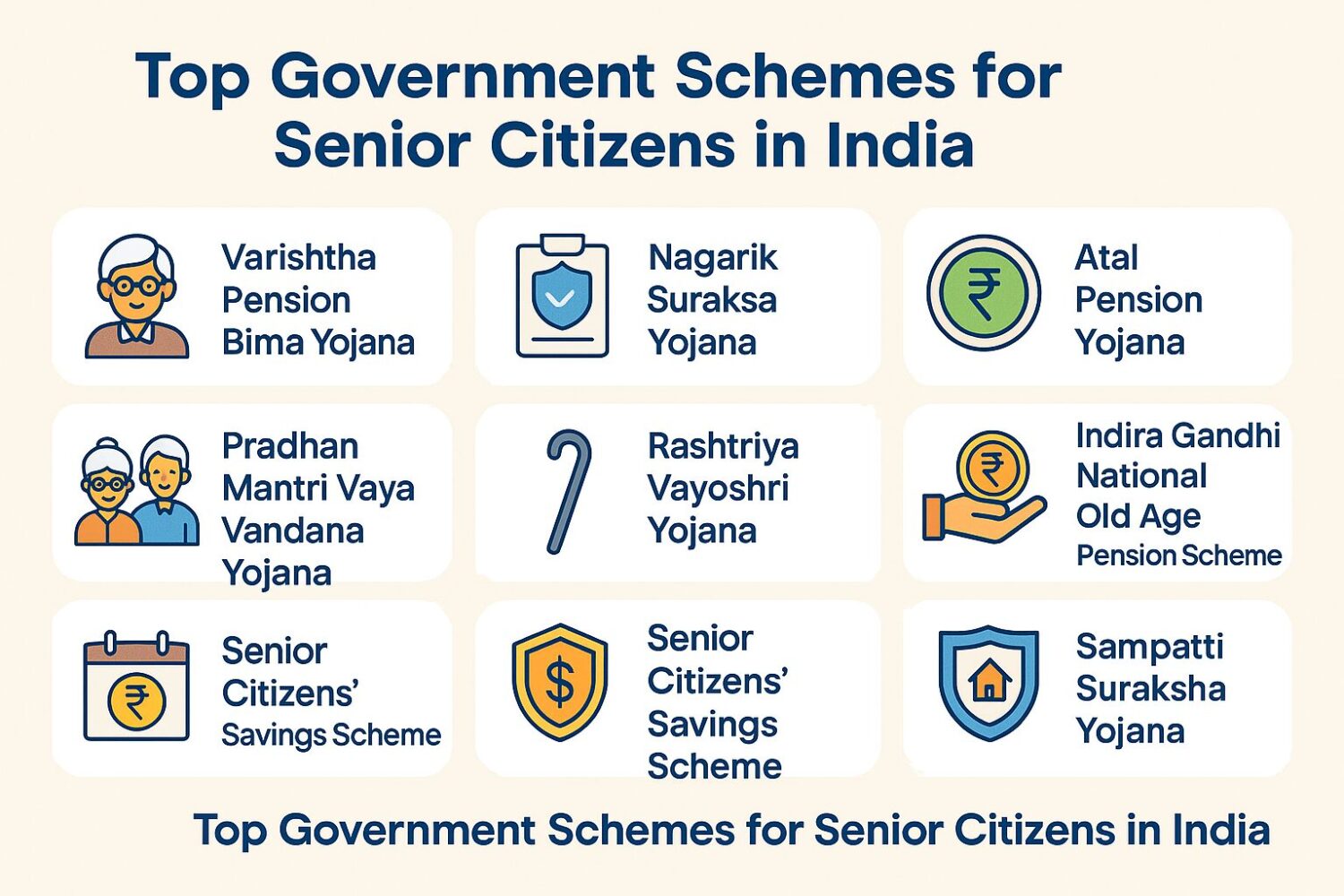
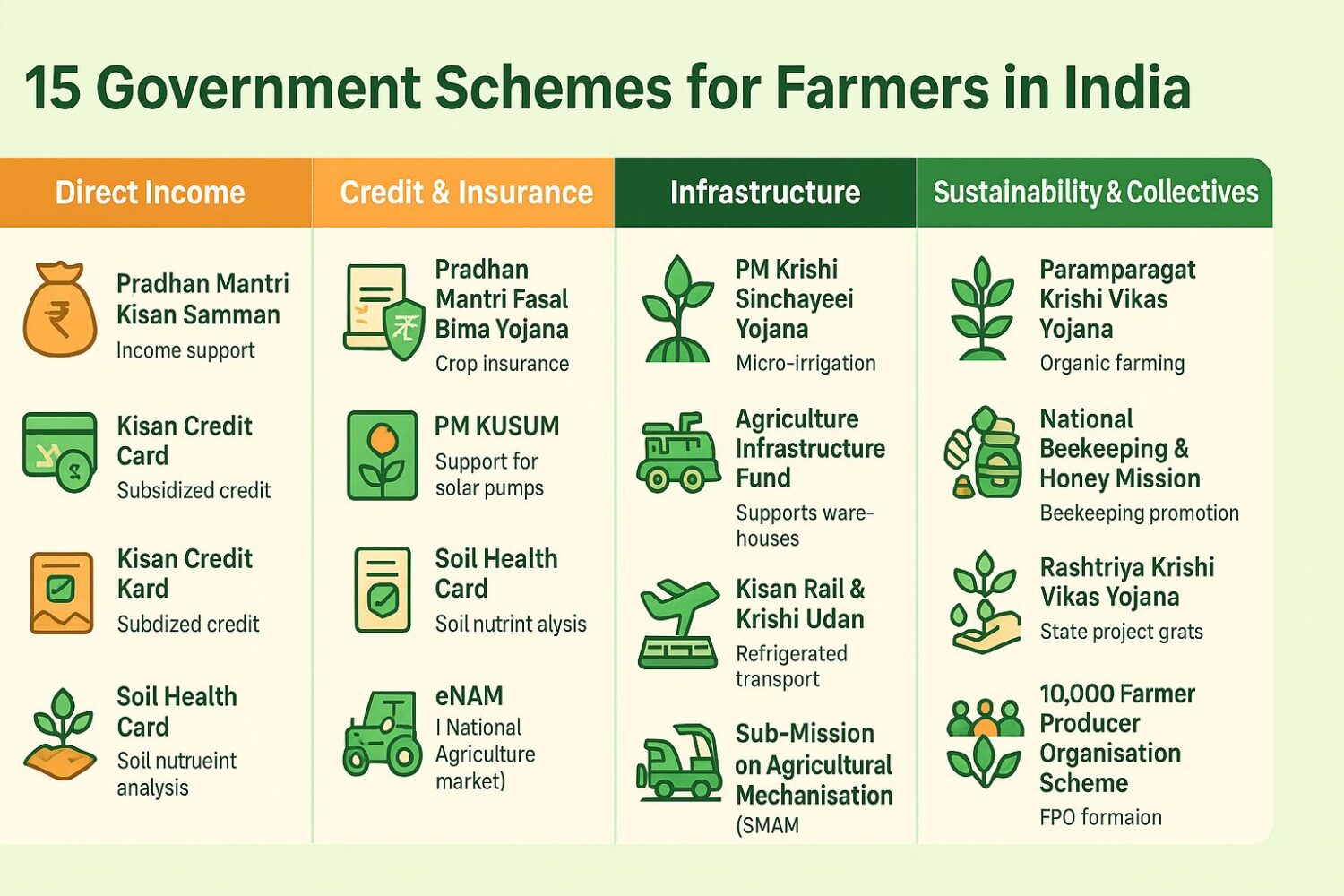





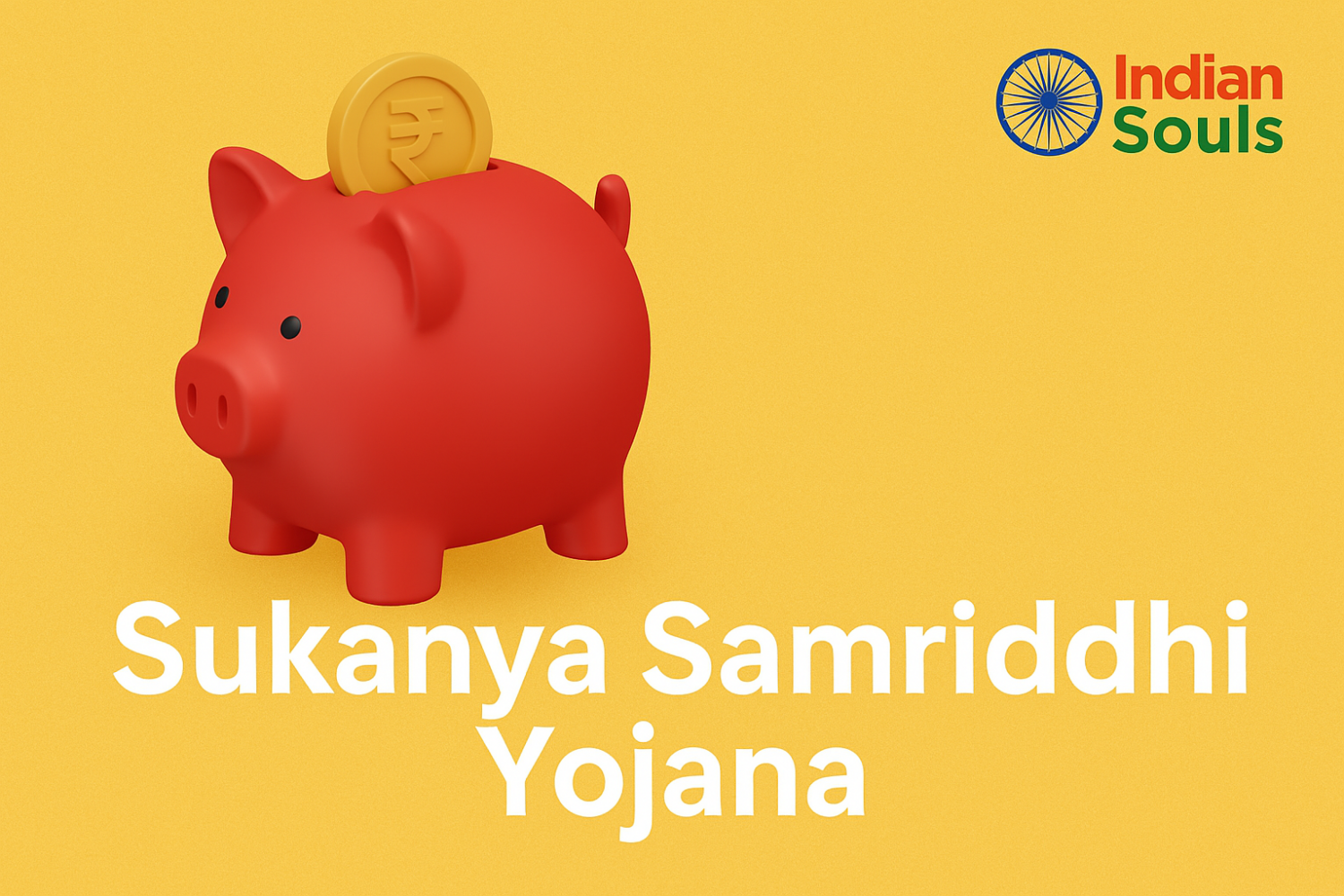





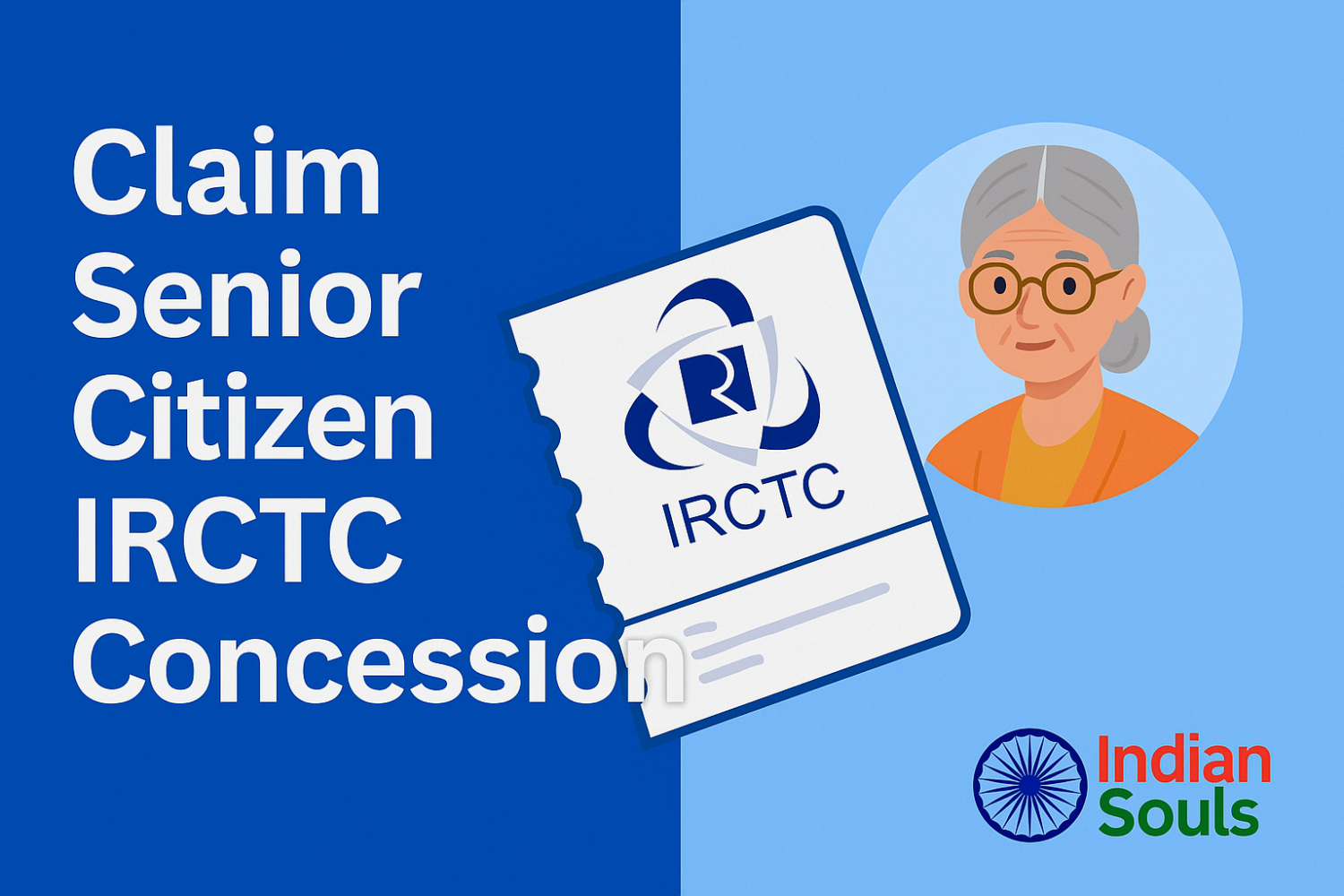

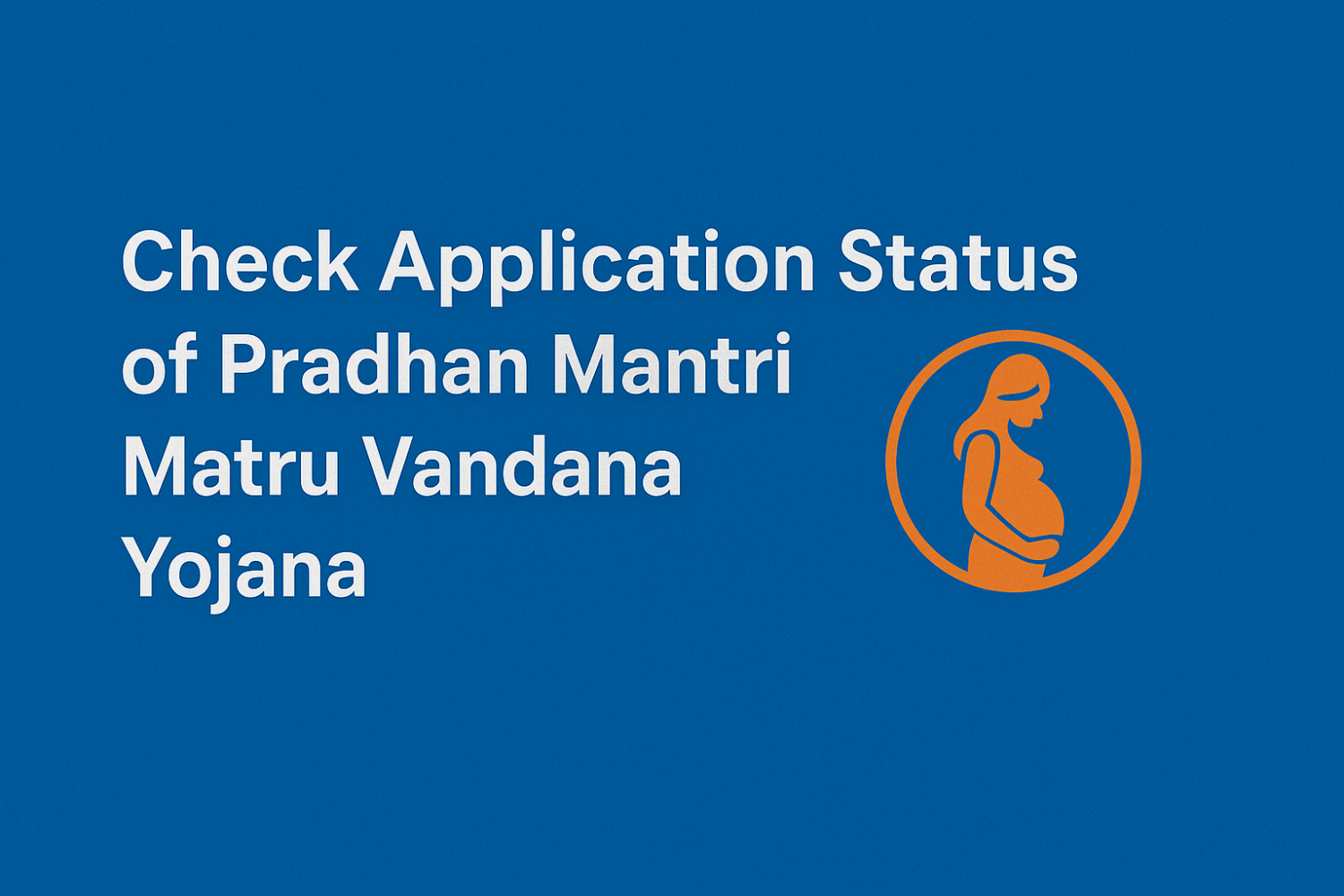

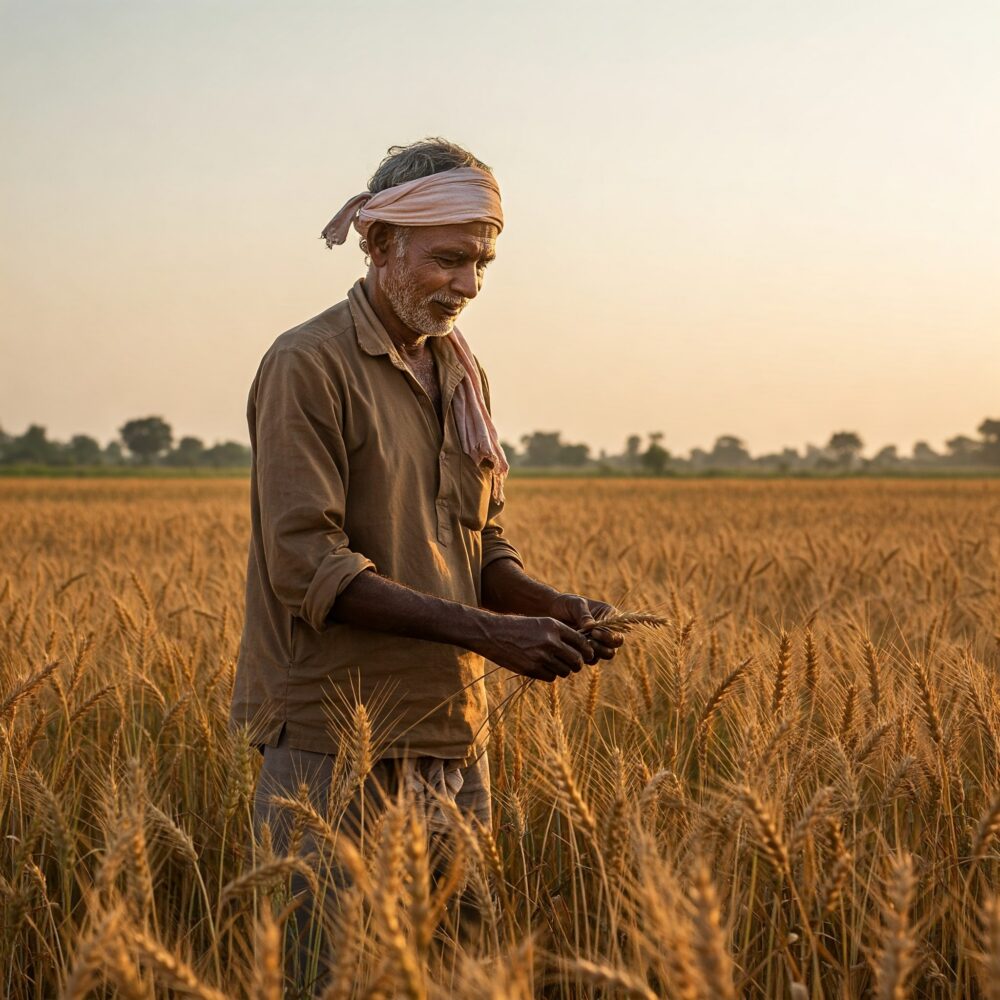





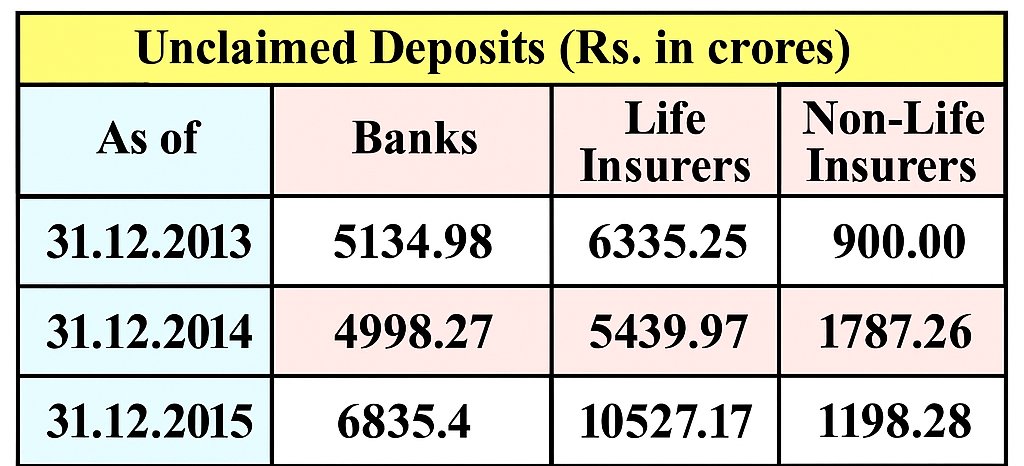


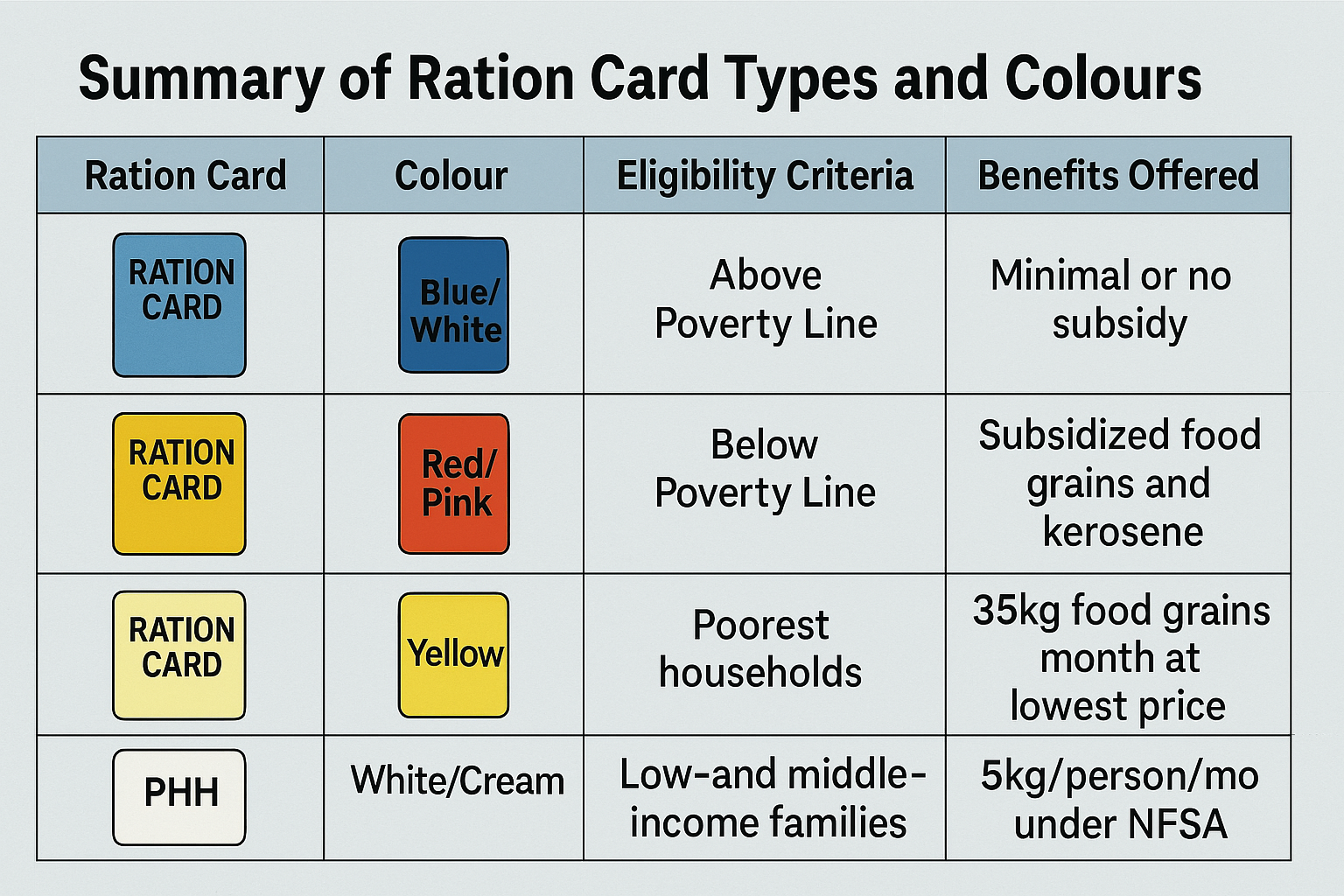

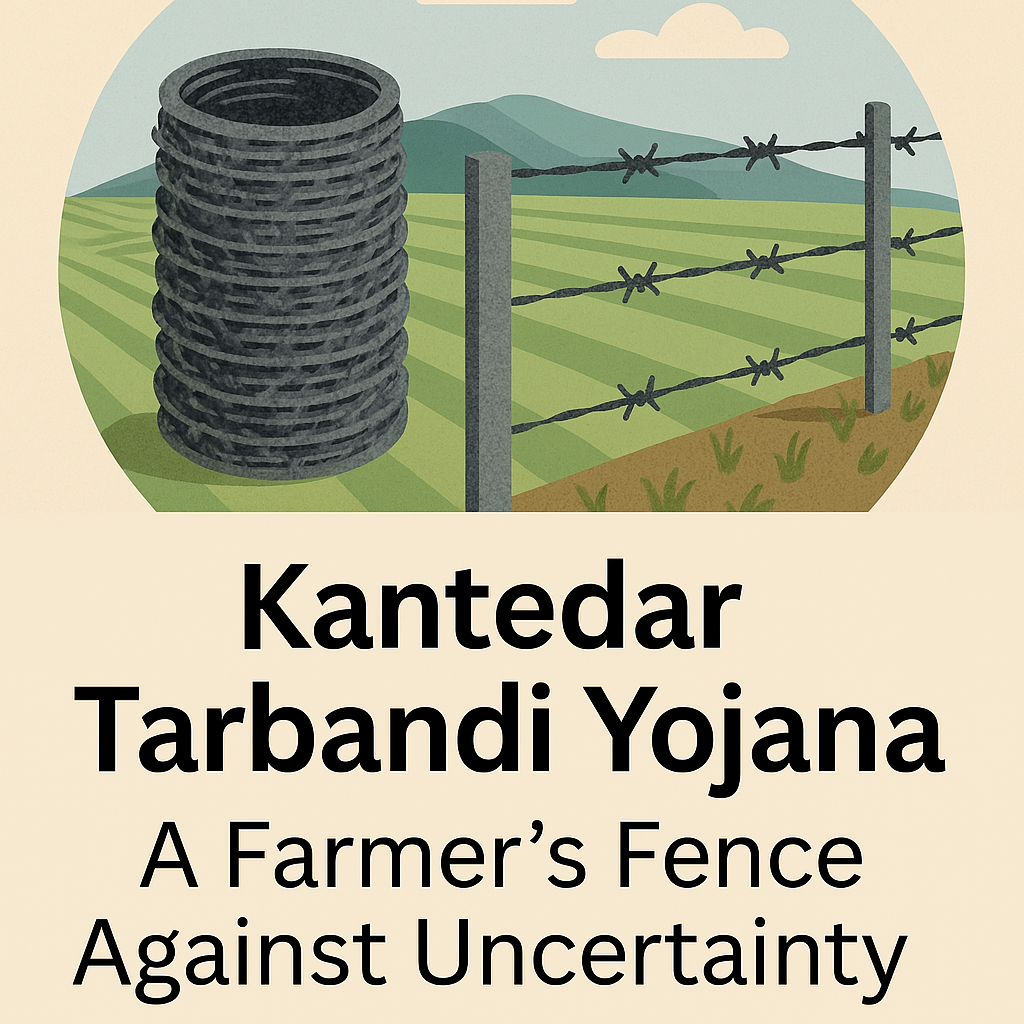



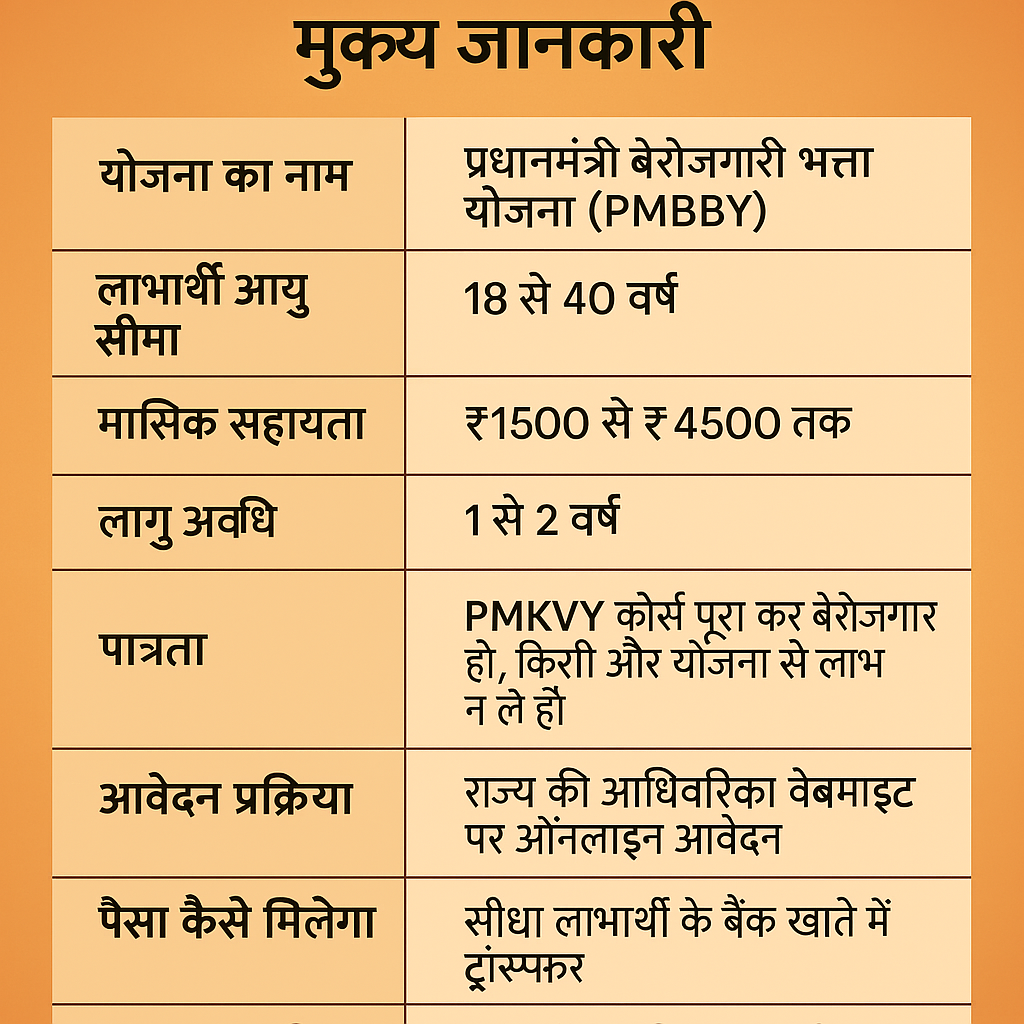
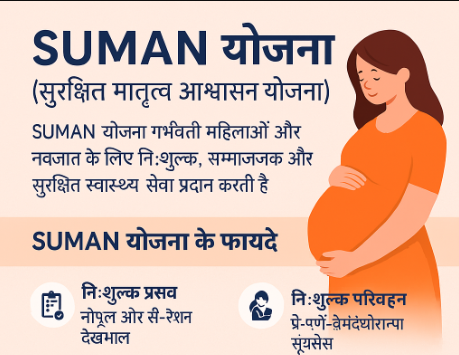
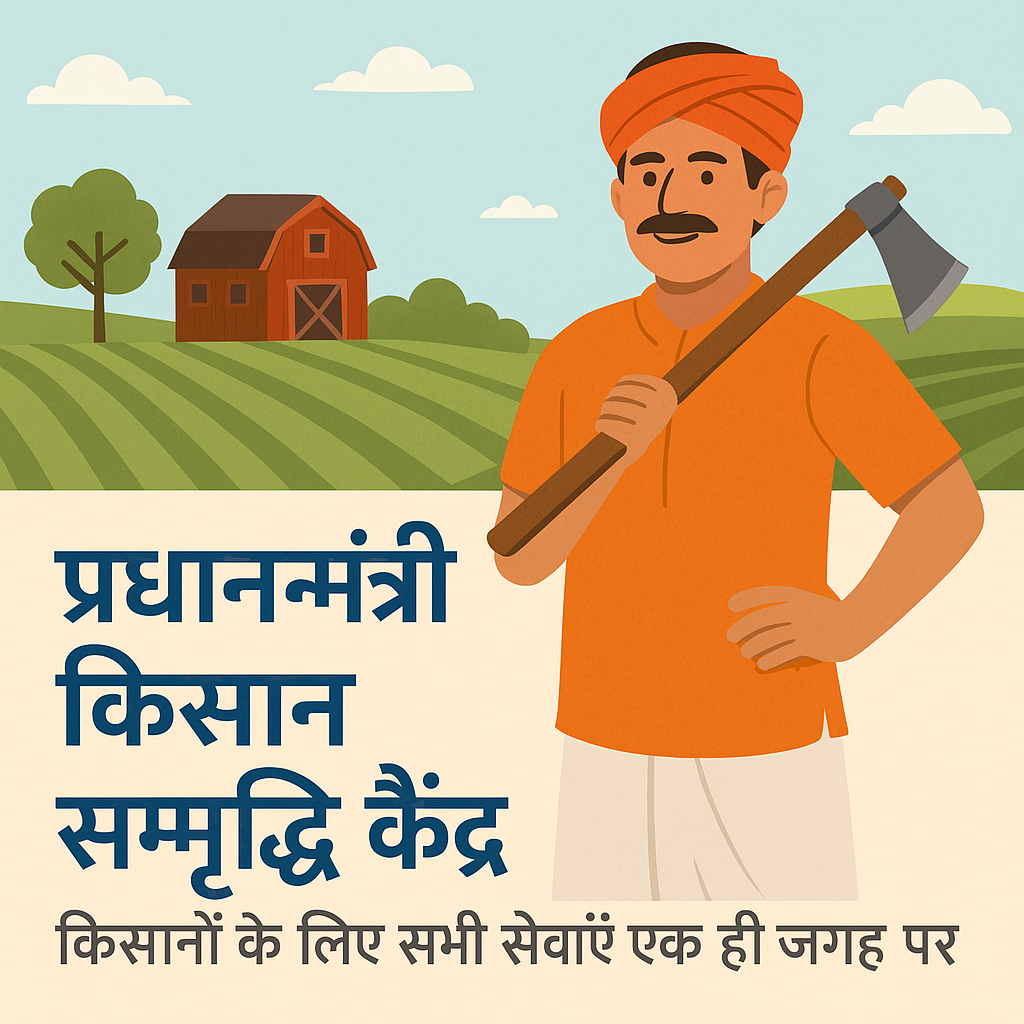

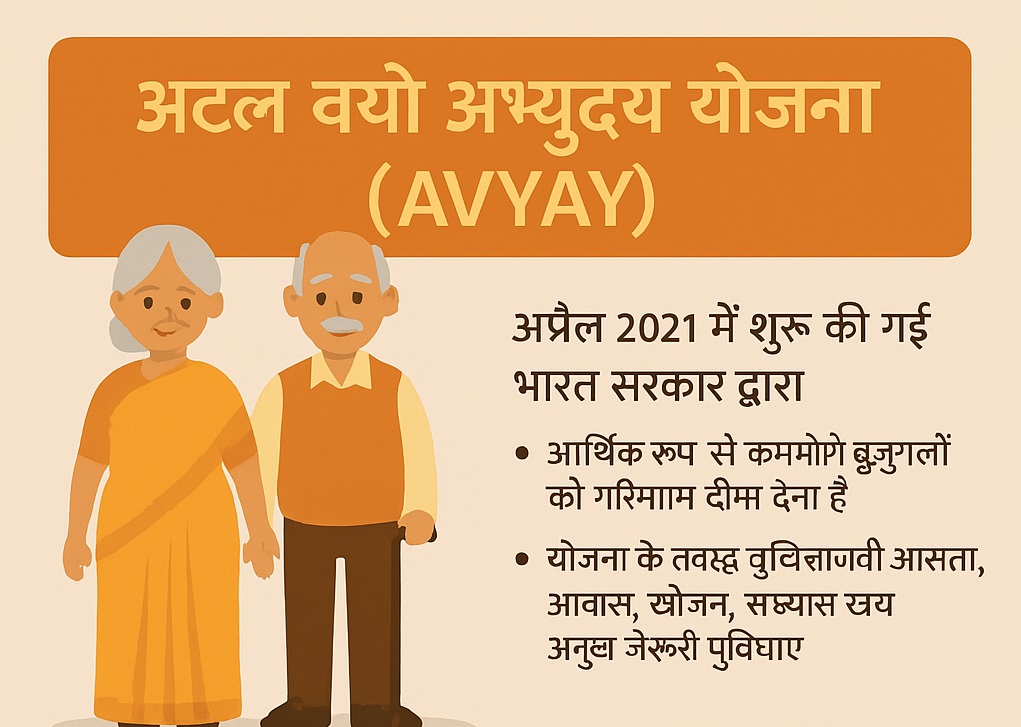


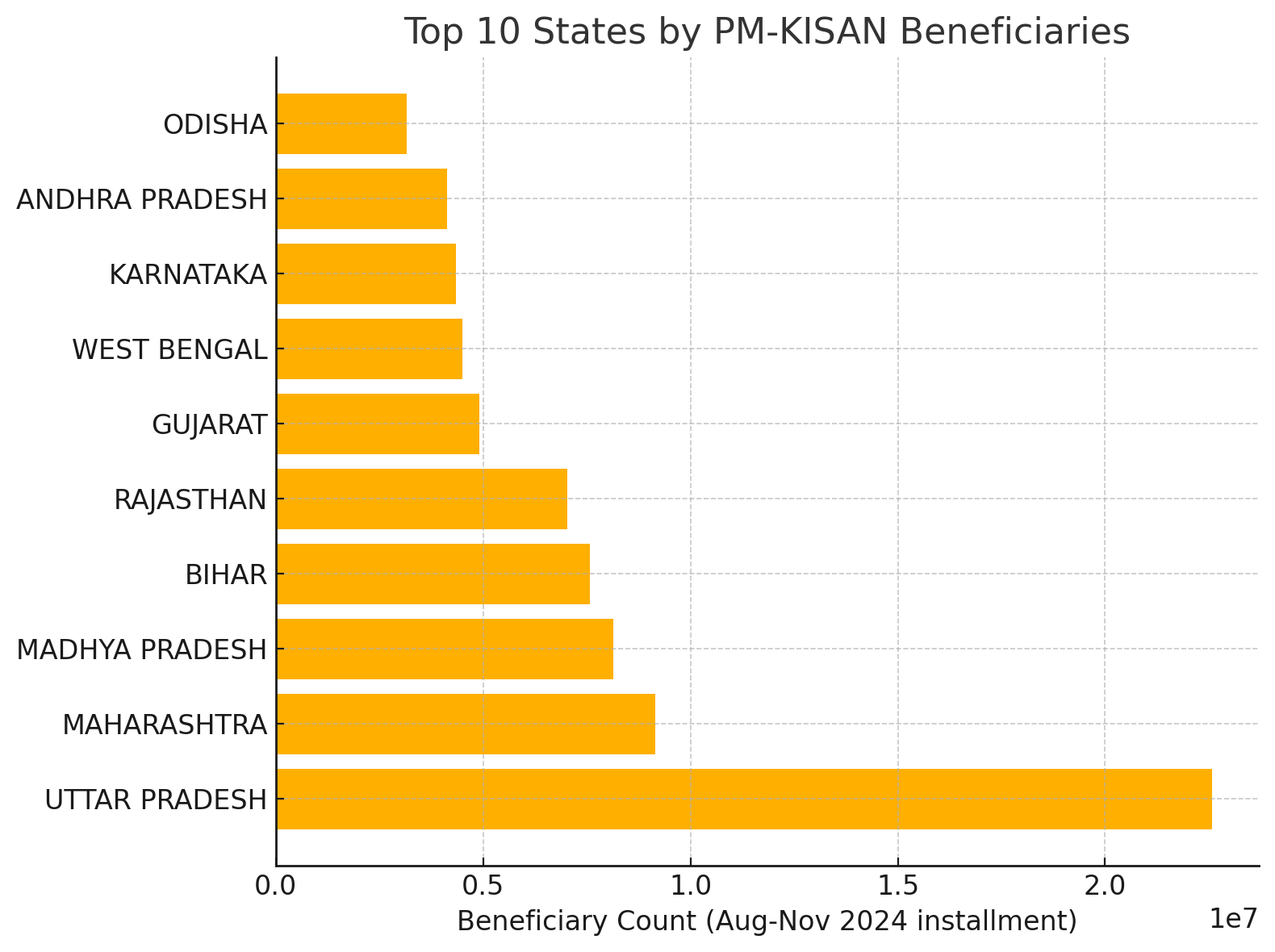
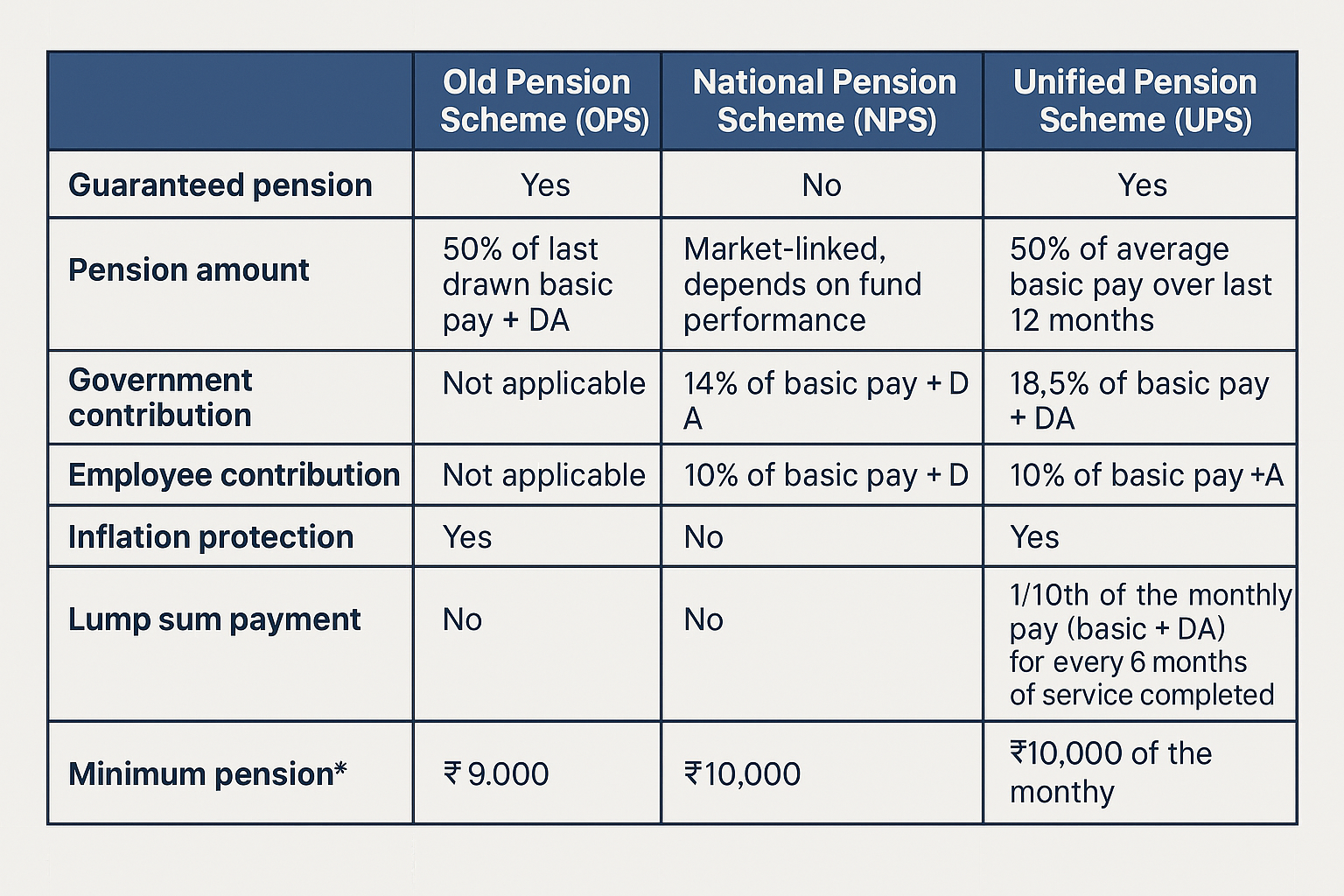









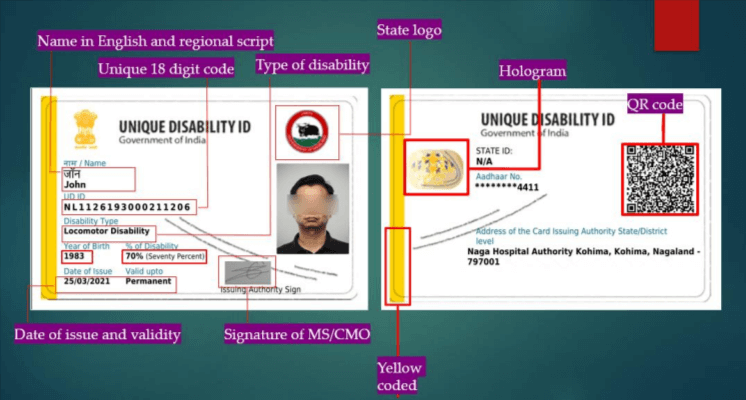
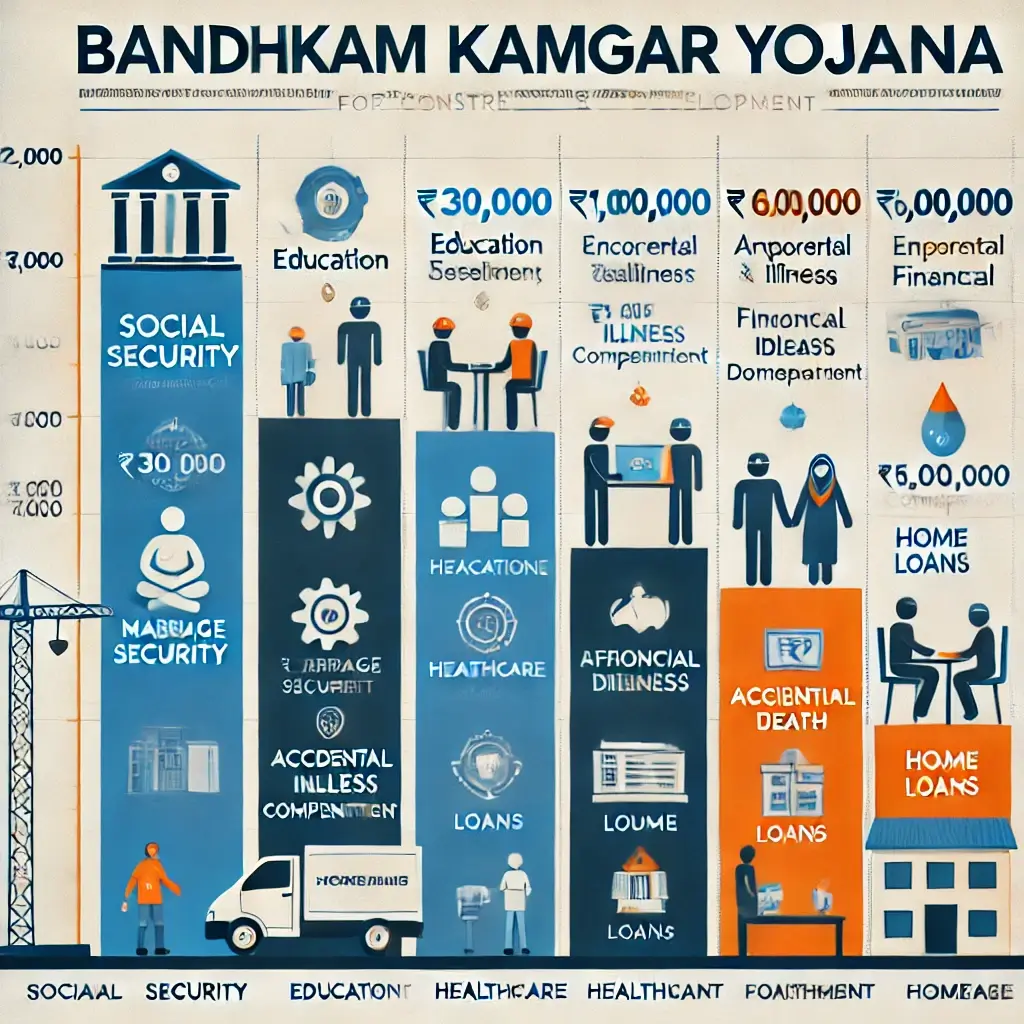


492f7p